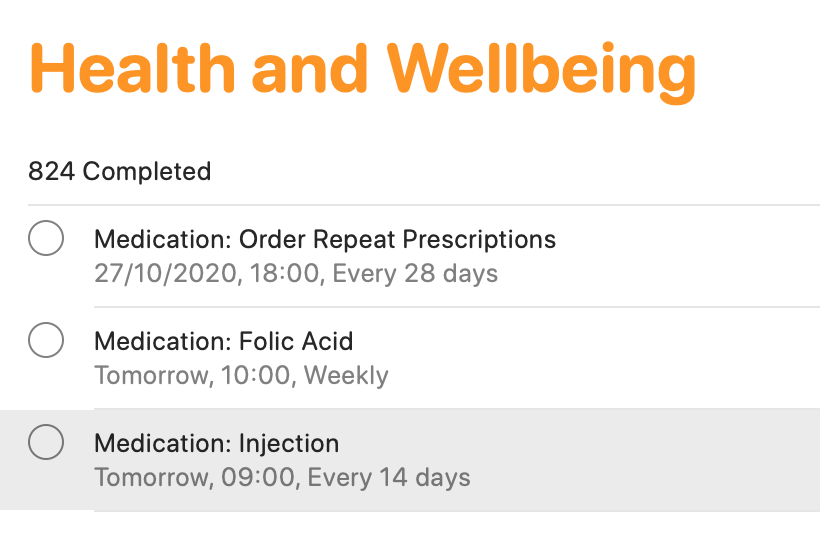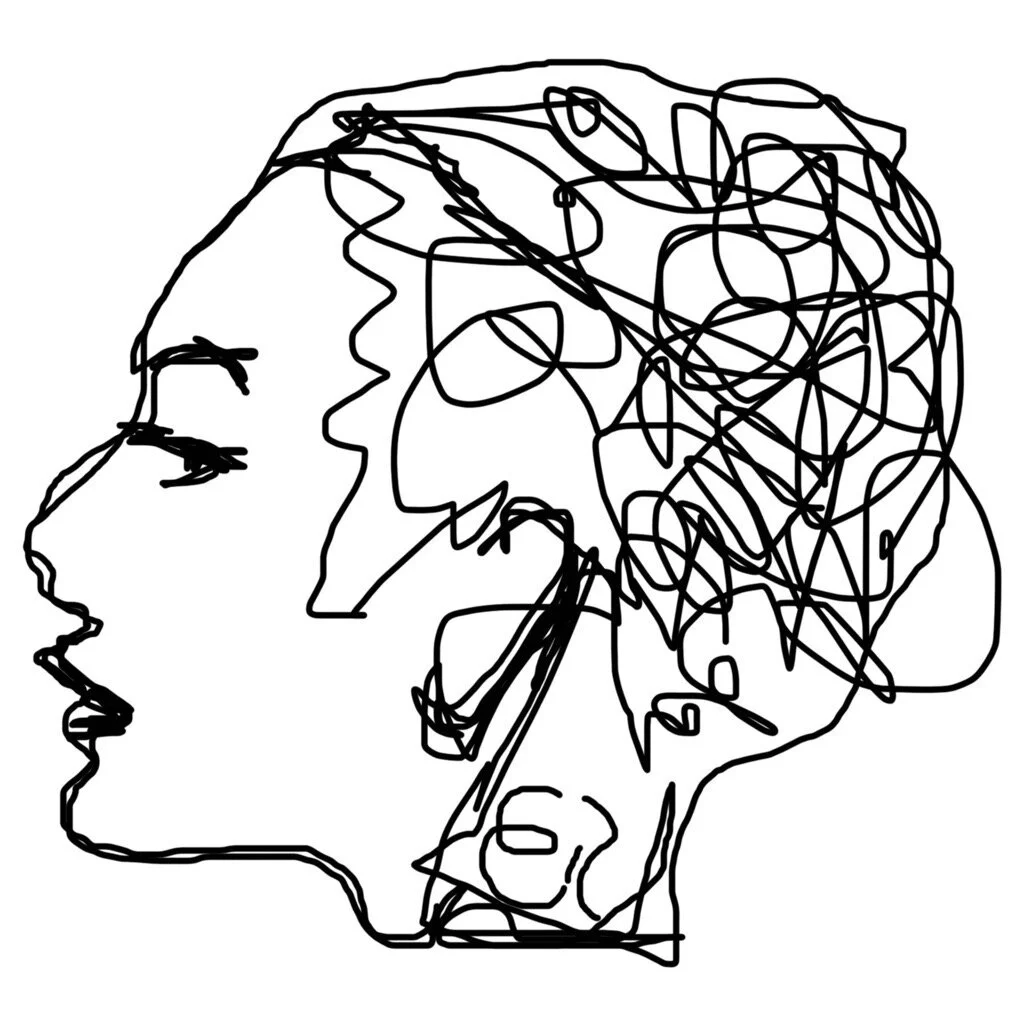Disclaimer: These are my views and observations, based on my experience with online Inflammatory Bowel Disease support groups in India.
“It is a capital mistake to theorize before one has data. Insensibly one begins to twist facts to suit theories, instead of theories to suit facts.”
~ Sir Arthur Conan Doyle, Sherlock Holmes
When I began my fellowship at CCYAN, I was a stranger to patient advocacy. I had a very vague idea of what the word meant. A couple of months later, I began a local initiative to explore the possibility of building a patient advocacy group for the Indian IBD (Inflammatory Bowel Disease) population. I started by imitating and trying to replicate the actions of existing advocacy groups in the US and the UK. However, it didn’t work. I soon realized that there is a larger fundamental problem that has to be addressed before I speak up for anything. It is the problem of patient education and health information.
Patients in India are far less aware and informed about their condition than patients in the developed nations. A higher rate of illiteracy, language barriers, lack of counselors, and short consultation times are major reasons. While it may seem that this problem can be rectified easily by disseminating educational materials among patients in various ways, the reality is that the void created by a lack of information is not a void at all. My observation is that the void has been occupied by incorrect and unsubstantiated information that prejudice a patient’s mind when it comes to learning and accepting correct, evidence-based information about their condition. This “defect” in the knowledge that a patient has about their condition can lead to deterioration of their condition and, in some cases, prove to be fatal.
The lack of patient education itself is a mechanism through which misinformation spreads. Existing patients with defective knowledge pass it on to the newly diagnosed. In the absence of rectifying sources/agents, such information can propagate and spread among groups of patients - very much like a virus. One of the places where things go “viral” is social media. The networks that connect us all are one of the pathways through which information that has no factual basis propagates.
In India, we have a small, but a fair number of Facebook and WhatsApp groups of patients suffering from Inflammatory Bowel Disease. Members of these groups exchange information daily on various topics - meds, diets, exercise, doctors, etc. I observed that there is a small subset of people, not always, but usually the creators of these groups that influence these discussions. This subset of people also acts as a source of “information” and “knowledge” for the other members.
In my experience, the majority of the discussions revolve around food and alternative treatments. Sporadically, there might be a discussion on the unaffordability of biologics, the struggle of young adults with the condition to get a job, study, or get into a relationship. However, these discussions are limited to a few comments, and that’s it. Several topics are not discussed out of shame. Erectile dysfunction because of IBD/surgery, anal dilation, rectovaginal fistulas, marital problems, reproductive issues - these are just some of the few issues that people seldom discuss in these forums. A support group is supposed to be a safe space, but these groups don’t feel like one to me. Nobody feels safe about opening up on problems that affect them very much because of fear of judgment and shame. The “advocates” too, rarely take any initiative to remove the stigma and taboo. We, the patients of India, with our ignorance, play a major role in keeping the taboo and stigma associated with IBD intact. The creators and moderators of such groups rarely take care to protect the newly diagnosed from misinformation. Many even float their own theories and post uncorroborated information.
A year ago, the mother of a 31-year old patient called me. She was crying. She asked me to visit her son and counsel him. I received her call a couple of weeks after I had moved to Bangalore for my graduate studies. I was unsure, but I went to her home and visited her son. He was lying down on the bed, with a heavily bloated stomach and a hot pack on his abdomen. I started talking to him. He told me that he had been diagnosed with Crohn’s disease 7 years ago. Initially, he was prescribed Pentasa, which he took for two weeks only. He did not feel that he was responding to the drugs, and hence, he stopped taking the medication without consulting his doctor. He never visited his doctor again.
On the advice of “advocates” and “experts” on the internet, he began buying and consuming naturopathy products, special brands of water with a certain pH, and many other products that he claimed were alternative medicine. He was importing many of these items. When he ran out of money, he borrowed money from people on the pretence of treatment and bought the products. He hadn’t seen a GI in 6 years! He showed me the results of a 3-year-old imaging test. It mentioned internal fistulas. He could not even stand up. His old mother was caring for him. Sometimes, when he would be in a lot of pain, his relatives would take him to the emergency room where he would be advised immediate surgery. He had been refusing the option of surgery every time. I spent an hour trying to talk him into surgery and explaining that an ostomy is not the end of the world. He wouldn’t budge. I returned - disappointed and angry. A few days later, I received a message from him. It said that he did get a temporary ostomy, but he’ll be going back to naturopathy to save his colon. I wished him all the best and urged him to act responsibly. I never heard from him again.
This person was ready to die instead of accepting treatment from a doctor in a structured and safe manner. He spent his time lurking on the internet in such “support groups,” where he learned various expensive and ineffective remedies for his condition and went on to irrationally and blindly pursue them. He could have avoided the surgery, had these very “advocates” told him to get back to his doctor.
Let me clarify here that I’m not speaking against the use of alternative therapies, some of which in recent times have been supported by some studies as a good supplementary treatment option. I object to disseminating unsubstantiated information in a manner that evades judgment, analysis, and scrutiny. Science, rational thinking, reason, is how humanity has come so far. It’s the gift we have—our capacity for reason and imagination.
Modern medicine does not fully understand inflammatory bowel disease and many other conditions. This, in turn, has become an opportunity for some people to form and present their theories which are either completely unscientific or based on some science, but completely opaque to scrutiny. These baseless theories and cures are dangerous. Desperate patients often end up losing a significant amount of money, time, and health. Such theories and their preachers often evade accountability.
We can only fight something well if we know what we’re fighting against well. I feel that most IBD patients in India are fighting blindly. The larger population of IBD patients in India faces a wide variety of problems compared to the handful of patients who have the luxury to engage in comfortable discussions in closed spaces on social media. Those problems are rarely discussed and confronted.
Inflammatory Bowel Disease is a complex disease. Good communication is the first step towards helping patients navigate the physical and emotional roller coaster that comes with having an illness like IBD. We must develop a culture of sharing medically verified and factual information amongst ourselves. It’ll help create a community where everyone is aware and informed. The newly diagnosed, who are often confused, shall receive appropriate guidance and support. Only then can we begin to speak up as a collective voice for matters that can help improve the quality of life of Indian patients with Inflammatory Bowel Disease.
That’s all from my side this month. Stay safe :)











